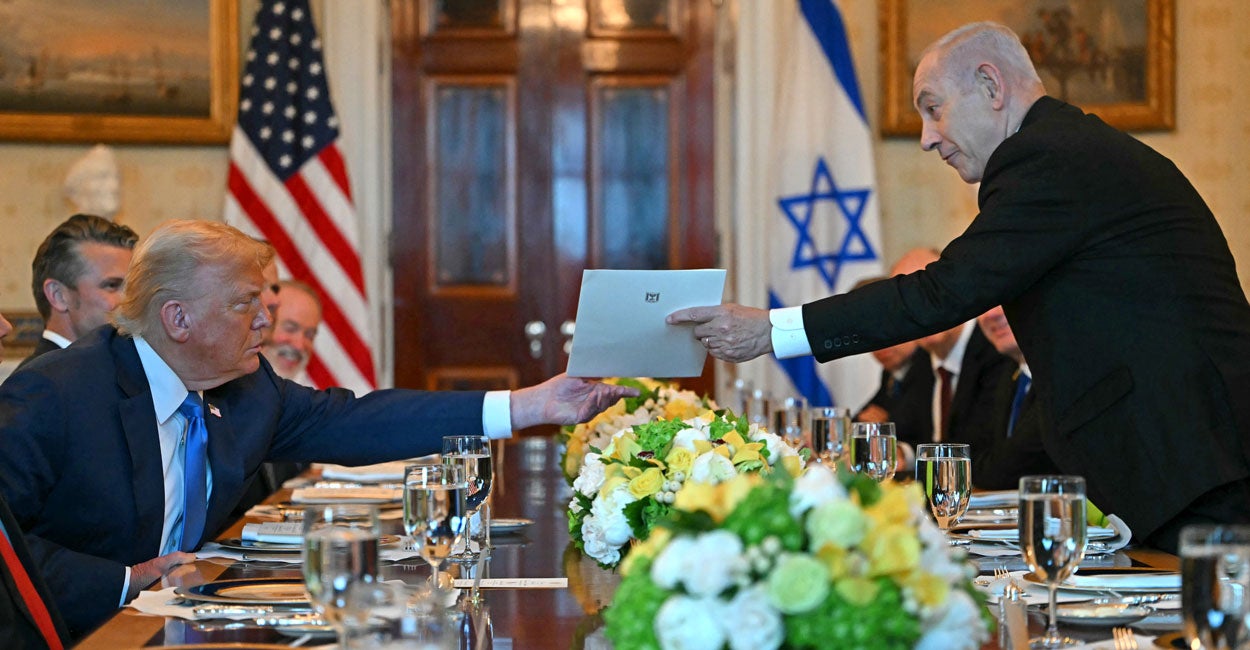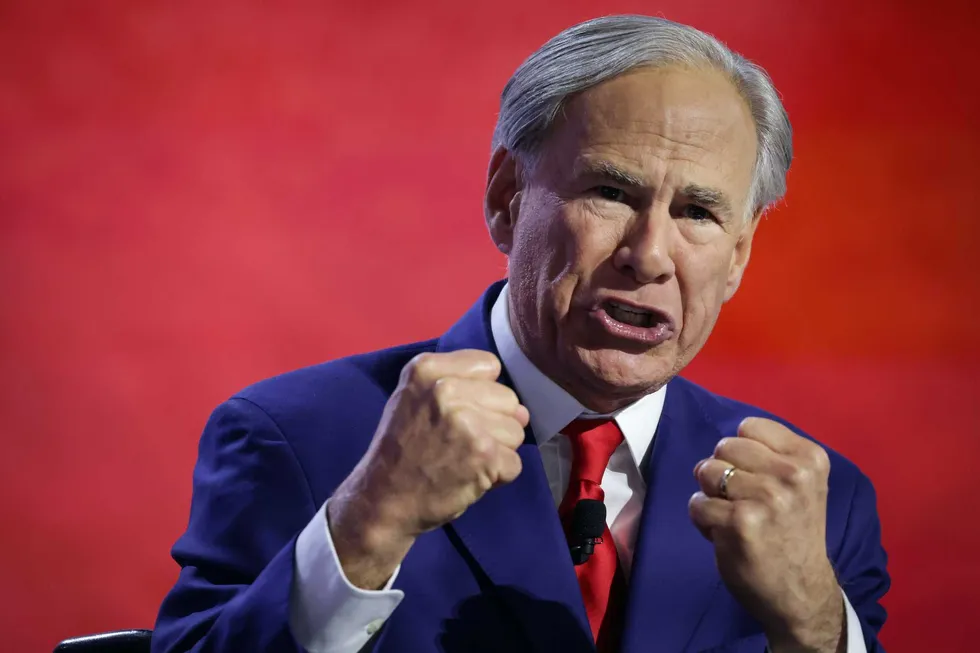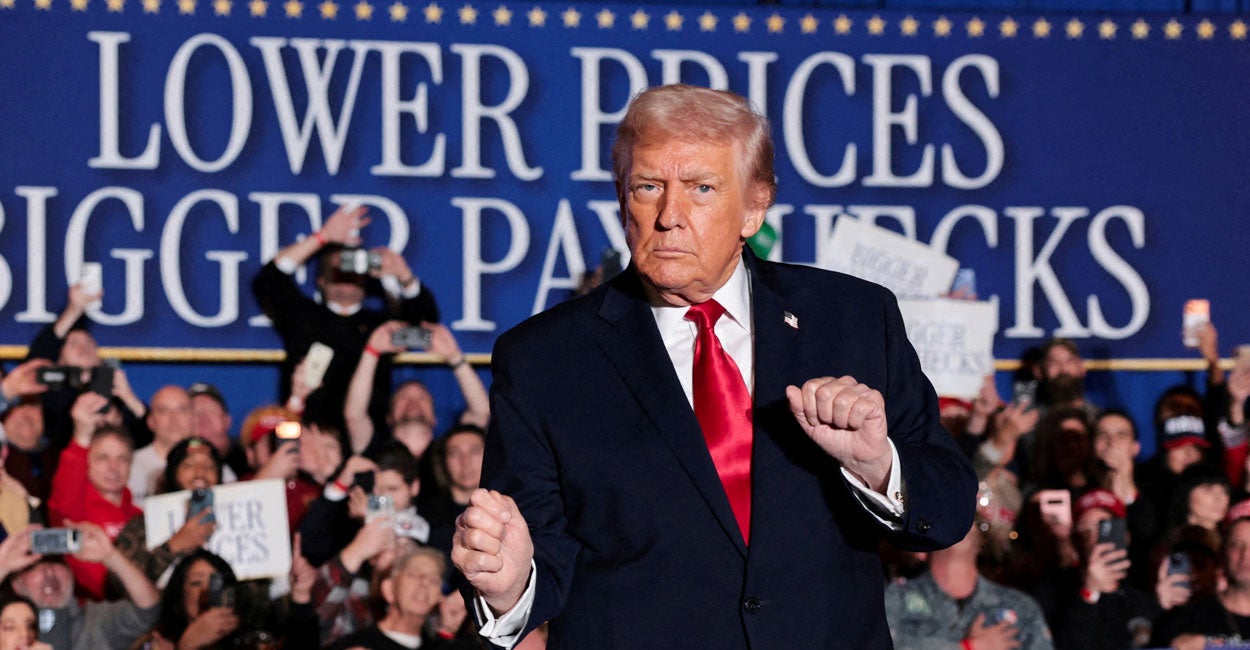Peace Through Strength: Why Trump’s Support for Israel Was the Best Foreign Policy in a Generation

In an era marked by uncertainty and geopolitical instability, one foreign policy legacy stands above the rest: President Donald Trump’s unwavering support for the State of Israel.
Live Your Best Retirement
Fun • Funds • Fitness • Freedom
Unlike past administrations that adhered to conventional wisdom and cautious diplomacy, Trump brought moral clarity and strategic resolve to the U.S.-Israel alliance. He did not just talk about peace. He delivered it. He did not simply denounce terrorism. He acted decisively to confront it. And he did not merely express support for Israel. He proved it through bold and meaningful action.
Trump’s achievements were not symbolic gestures; they were paradigm-shifting milestones. Moving the U.S. Embassy to Jerusalem was both historic and strategic. It sent a clear message: Jerusalem is the capital of Israel, and the era of ambiguity was over. Critics warned of unrest and instability. What followed instead were the Abraham Accords, with four Arab nations normalizing relations with Israel without a single concession to the Palestinian Authority.
This was not a coincidence. It was the product of a foreign policy grounded in strength, clarity, and the courage to break from failed diplomatic orthodoxies. Trump’s approach to Iran was equally decisive.
He exited the flawed Iran nuclear deal, reimposed economic sanctions, and eliminated top Iranian military commander Qassem Soleimani, sending an unmistakable signal that the United States would no longer tolerate aggression from the world’s leading state sponsor of terrorism. Fast forward to 2025, the president has totally eliminated Iran’s nuclear program.
These policies did not escalate conflict. They deterred it. For the first time in decades, America’s allies feel secure, and its adversaries think twice.
We must acknowledge a hard truth. Peace in the region does not come from United Nations resolutions or recycled road maps. It came when the United States chose a side—Israel’s—and stood firm. Trump did not outsource leadership to multilateral bodies. He exercised it. He did not view Israel as a diplomatic challenge but as a democratic ally to be empowered.
The Abraham Accords were not a miracle. They were the result of consistent, principled diplomacy underpinned by strength and credibility. Arab states knew that America was serious, and they responded in kind. That formula works, and we need it again.
Since Oct. 7, when Hamas committed the deadliest massacre of Jews since the Holocaust, we have seen a troubling erosion of moral clarity. Institutions hesitate to define antisemitism. The U.N. continues to single out Israel.
But America’s most vital ally in the region is no longer ambiguous. Trump has returned to a foreign policy that is grounded in values, backed by strength, and guided by a clear understanding of who our friends are and who our enemies are.
That means defunding antisemitic institutions like the United Nations Relief and Works Agency for Palestine—or UNRWA. It means reimposing maximum economic pressure on the Iranian regime. And it means standing shoulder to shoulder with Israel as it defends its citizens and dismantles terror networks like Hamas and Hezbollah.
Trump proved that foreign policy does not have to be complex to be effective. Support your allies. Confront your adversaries. And never confuse hesitation for wisdom.
America is strongest when it leads with conviction. The Middle East—and America—is safest when the U.S. has Israel’s back.
This is Trump’s doctrine. It works.
We publish a variety of perspectives. Nothing written here is to be construed as representing the views of The Daily Signal.
The post Peace Through Strength: Why Trump’s Support for Israel Was the Best Foreign Policy in a Generation appeared first on The Daily Signal.
Originally Published at Daily Wire, Daily Signal, or The Blaze
What's Your Reaction?
 Like
0
Like
0
 Dislike
0
Dislike
0
 Love
0
Love
0
 Funny
0
Funny
0
 Angry
0
Angry
0
 Sad
0
Sad
0
 Wow
0
Wow
0










































































